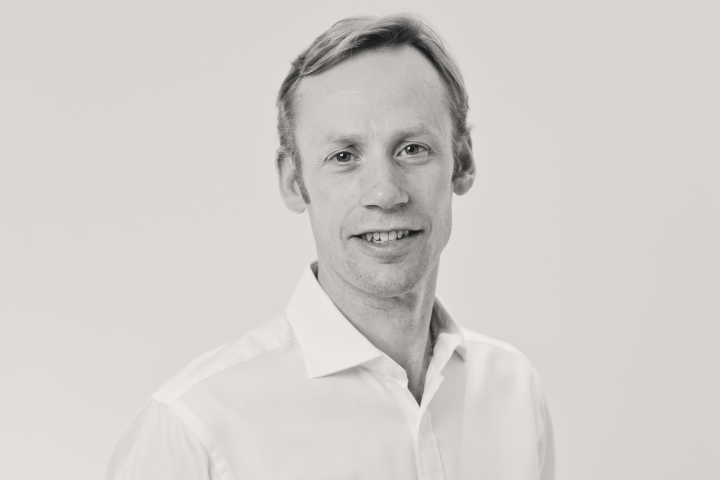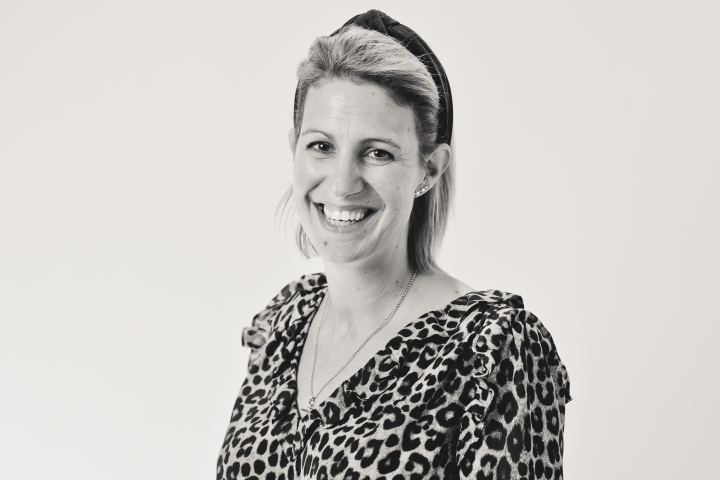
Ross Elder
Throughout his earlier career Ross Elder, managing partner of Lincoln Private Investment Office, became increasingly frustrated with the services available to private clients.
Working at large private banks, he felt the business model was focused on delivering returns to shareholders rather than delivering the best outcomes to clients. Moving to a smaller firm, he realised what he really wanted – and what his clients wanted – was genuine independence.
So, together with chief investment officer Fred Hervey and chief operating officer Becky Robbins, Mr Elder set about founding Lincoln.

Fred Hervey, CIO
Launched in 2014, independence remains at the core of the business. Its only shareholders are the employees and clients, who naturally care about the service and performance of the firm, Mr Elder tells thewealthnet.
A unique feature is that all employees invests their own money alongside clients. They all have skin in the game.
Mr Elder says private investment offices are a real leveller. No one family has control, no one is entitled to discounts or a different service. All clients are treated the same – although of course their portfolios and investments differ.
“All the clients that are also shareholders get is total transparency,” he explains.
To maintain this, Lincoln has to ensure all staff and clients are on board and buy into the aims of the company.
“The most important part of our thinking in our business model is maintaining that alignment,” Mr Elder says.
Getting this right comes down to establishing a strong culture and set of values. Mr Elder says Lincoln is focused on being a team.
He notes this is easier to do this when you are a small firm. But, this is a deliberate choice. The decision to stay small and not target growth for growth’s sake is a core part of the firm’s philosophy.
“Every decision we make is for the benefit of our clients. It is not based on where our next client will come from,” Mr Elder explains.
Lincoln adds around one adviser a year, usually with an additional one or two employees to support this growth.
The firm is patient and waits for the right candidate to come along, rarely advertising for senior roles. Instead, relying on individuals finding them and being attracted to their services and culture.
“We are not focused on being the biggest. We are focused on being the best,” Mr Elder says.
So far, Lincoln is on the right track to achieving this, having won the 2021 PAM Award for emerging managers.
Attracted by its unique culture, the firm’s client base differs from many wealth managers and private banks. It largely comprises of UK-based entrepreneurs and financial professionals. With an average age of 55, many of these individuals are reluctant to relinquish control.
For this reason, the firm’s proposition also differs somewhat. Lincoln’s core focus is in discretionary investment management – accounting for roughly 70 percent of its assets.
Clients are all treated individually.
“Just because they are the same age, have the same job and the same level of wealth, we do not necessarily assume they want to go on the same journey.”
Each client has their own individual portfolio, but then Lincoln runs it as a firm.
“We believe we are taking the best parts from traditional stockbrokers and the private banks,” Mr Elder notes.
For example, if the firm decides to go overweight in say emerging markets, it will do that across all client portfolios in the same way and at the same time. “It just means something very different for each person.
“We are very high conviction, which is not for everyone. Perhaps that is reflected in our client base.”
However, Mr Elder explains the firm is not looking to take on more risk. “What we are willing to do is take more benchmark risk.”
The firm uses a combination of active and passive funds, selecting the right fund managers via its network, investment advisory board, and sometimes through clients.
The remaining 30 percent comprise alternative investments, which the firm offers on an advisory only basis.
Mr Elder believes this side of the business is “really is about finding the very best managers to achieve the best performance.”
As a general rule, this tends to mean backing away from larger funds and instead looking for sector specialists.
This strategy has served the firm well in recent years, having delivered strong investment performances, Mr Elder says.
Looking forward, there are no big acquisitions or rapid growth plans on the horizon. The long term plan is for the next generation to take over, preserving Lincoln’s independence.
But the firm is not standing still. There is always more to learn and the firm is constantly seeking feedback, Mr Elder says.
“We have to improve all day, every day. Otherwise we are going backwards,” Mr Elder concludes.
“I think our associates can also see that future and see the opportunity for them.”

Becky Robbins, COO







